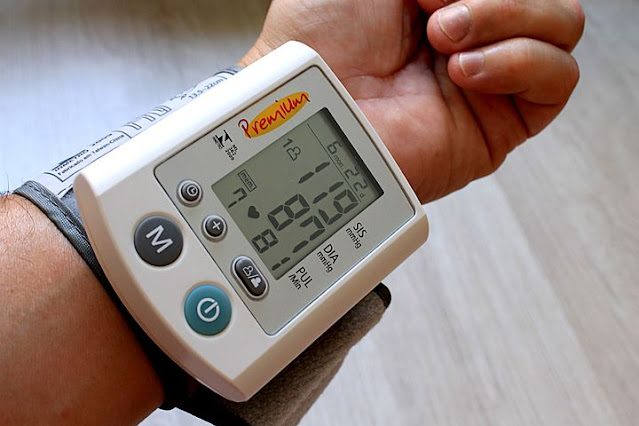 |
| how blood pressure increases |
how blood pressure increases
How Blood pressure inceases it is pumped by the heart. It is measured in millimeters of mercury (mmHg) and is represented as two numbers, with the first number (systolic pressure) representing the pressure when the heart beats and the second number (diastolic pressure) representing the pressure when the heart is at rest between beats.
When blood pressure is too high, it is known as hypertension. Hypertension is a major risk factor for heart disease and stroke, and it can also damage the kidneys and other organs. There are several factors that can contribute to the development of hypertension, including genetics, lifestyle choices, and certain medical conditions.
The main causes of high blood pressure
One of the primary causes of hypertension is an increase in the resistance to blood flow within the arteries. This can be due to a variety of factors, including the thickening and stiffening of the arterial walls, as well as an increase in the amount of blood being pumped by the heart.
Another major factor that contributes to hypertension is the presence of excess salt in the diet. Sodium is essential for maintaining the balance of fluids in the body, but too much of it can cause the body to retain fluid, which can increase blood volume and blood pressure.
Obesity and lack of physical activity are also major contributors to hypertension. Being overweight puts extra stress on the heart and blood vessels, and a sedentary lifestyle can lead to a decrease in cardiovascular fitness, which can make the heart work harder to pump blood.
Certain medical conditions can also increase the risk of hypertension, such as diabetes, kidney disease, and sleep apnea. These conditions can affect the way the body regulates blood pressure, making it more difficult to keep it under control.
 |
| how blood pressure increases |
Stress and anxiety can also contribute to hypertension. When a person is under stress, the body releases hormones that can cause the blood vessels to constrict and the heart to beat faster, which can increase blood pressure.
It's important to note that some people may have hypertension and not even know it, as it is often symptomless and the only way to diagnose it is by measuring blood pressure. That's why it's important to have regular check-ups and blood pressure screenings.
To control high blood pressure
There are different ways to control and reduce hypertension, including lifestyle changes such as eating a healthy diet, maintaining a healthy weight, getting regular exercise, and avoiding tobacco and excessive alcohol consumption. Medications such as diuretics, ACE inhibitors, beta blockers, and calcium channel blockers are also commonly used to control hypertension.
It's important to work closely with a healthcare provider to create a personalized plan to manage hypertension. This may include regular check-ups, monitoring blood pressure at home, and making any necessary adjustments to medication or lifestyle changes. By keeping hypertension under control, you can reduce your risk of heart disease and stroke, and protect your overall health.
In conclusion, hypertension is a major health concern that is caused by a variety of factors, including genetics, lifestyle choices, and certain medical conditions. It is important to be aware of the risk factors and symptoms of hypertension, and to work closely with a healthcare provider to create a personalized plan to manage and reduce high blood pressure.




